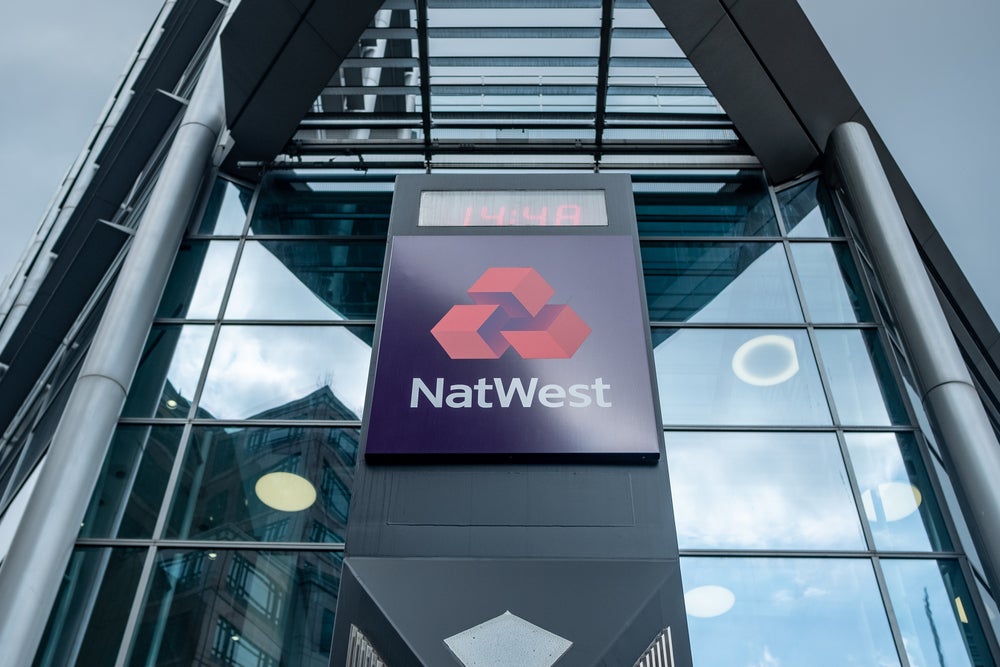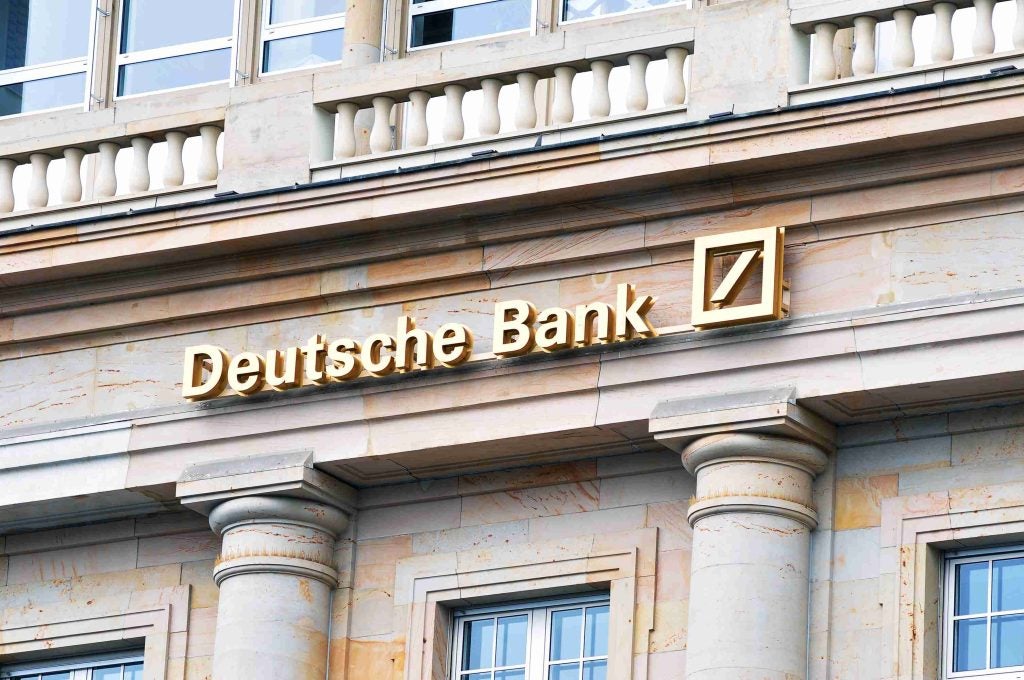New services from Discovery Bank will not only help change consumer behaviour but will attract aspirational, affluent and profitable consumers, says GlobalData.
Globally, tools that help consumers save money and spend better are one of the most popular features of new banks. Yet many such tools only offer a self-service style of help, such as letting customers create savings pots or round up transactions to be invested.
The newly created Discovery Bank intends to do more by tapping into, and ultimately changing consumer behavior. In so doing, it has identified a sustainable source of aspirational, affluent, and profitable consumers.
The South African firm, which is also the country’s biggest insurer, is styling itself as the world’s first behavioral bank. It operates a shared value banking model called Vitality Money, which was first developed as an insurance model. Customers who take care of their health and driving are rewarded with better insurance rates and benefits. Discovery is now applying this approach to banking, designing its products with the aim of making customers’ long-term behavior more financially healthy and sustainable.
According to Discovery, customers can achieve financial health by managing five controllable behaviors: spending less than they earn, saving regularly, insuring for adverse events, paying off their property, and investing for the long term. Its model works as a points system. By obtaining a set number of points, customers are given a higher status such as gold or platinum, each of which come with rewards and benefits. Points are earned by completing personalized goals such as accruing emergency savings, having medical insurance, or paying off unsecured debt. Points are deducted for negative actions like missing repayments.
Success means both the bank and the customer share in the rewards. For the customer this can include dynamic saving and borrowing rates as high and low as 7% and 9% respectively, as well as significant cashback offers such as 100% on gym membership and 75% on travel. In return, Discovery Bank attracts affluent consumers with higher savings levels, a lower risk of default, and who are likely to take out additional products in the future. This effect can be seen with Discovery card holders, who according to Discovery CEO Barry Hore, spend three times as much per card as the market average and have half the bad debt risk relative to the industry in South Africa.
How well do you really know your competitors?
Access the most comprehensive Company Profiles on the market, powered by GlobalData. Save hours of research. Gain competitive edge.

Thank you!
Your download email will arrive shortly
Not ready to buy yet? Download a free sample
We are confident about the unique quality of our Company Profiles. However, we want you to make the most beneficial decision for your business, so we offer a free sample that you can download by submitting the below form
By GlobalDataBy positively reinforcing good behavior and dynamically pricing interest rates, Discovery Bank can appeal to both emerging and mass affluent consumers. This presents a serious threat to incumbent banks, as affluent, aspirational consumers are likely to shift to a financial services provider that will help them achieve their financial goals in addition to providing a banking service. Banks should be wary of this new approach and would be wise to learn from Discovery Bank’s model, or else they may end up losing this profitable consumer segment.








